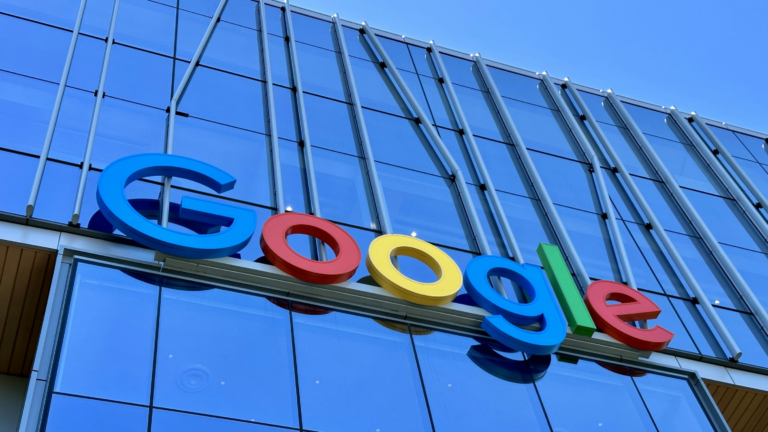Transport has become a hotspot in British politics. Both Labour and Tories are making respective rail and road reforms, while clean air and speed limits remain in discussion. As the election madness peaks, some experts believe that road pricing is an eventuality, even if it is a tough policy to sell to voters.

Better railways, more secure roads, and cleaner fuels are the essential themes that define British politics. These are problems that, in the past, might endear politicians across unique occasions. The upcoming election has politicized transportation right into a controversial matter at the moment; easy air, velocity limits, and high-speed rail are some of the things that divide debaters.
Transport problems are portrayed as symbols of decline in public services: unpredictable rail services, potholed roads, all reflect the room for improvement. How the election is going to solve any of these, and which transport rules are too tricky for the politicians to steer?
The Row Between Cars and Clean Air:
It was the Labor Party leader Keir Starmer who reiterated only last week that his party remained “the only party on the side of drivers.” That may well seem a reaction to a historical pro-driver stance taken up by the now deeply unpopular Conservative Party, which was recorded as supporting “people’s freedom to use their cars.” The Tories, under Transport Secretary Mark Harper, have objected to certain city planning measures introduced during the Covid pandemic. These include LTNs and 20mph speed limits. They are also opposed to the expansion of London’s Ultra-Low Emission Zone, a brainchild aimed at cutting air pollution.

Voices of Concern:
Campaingers like Silviya Barrett from the Campaign for Better Transport fear this aggressive language. She believes that human beings want various ways to get round—not simply vehicles. Many drivers use buses and trains; quite a lot of them stroll their children to high school and want greater choices about how they travel.
The Debate on Road Pricing:
The Conservatives have also promised to abolish road pricing, suggesting that Labour will bring in pay-by-mile charges. However, Labour has denied this proposal. Yet transport experts, together with motoring groups, believe that road pricing, in one form or another, is inevitable within the future.

High-Speed Rail Controversies:
Another arguable delivery problem with HS2: Reform UK wants to abolish the entirety of HS2 and the already partially constructed section from London to Birmingham. They claim this will retain £25 billion.
Labor’s manifesto no longer includes HS2, whereas the Conservatives back the “Network North” plan, using an expected £36 billion saved by canceling HS2’s northern leg. Only the Liberal Democrats support the continuation of HS2 to Manchester and beyond.
Of the larger issues at stake in the coming election, transport has become one which each of Labor and the Tories are committed to making large promises over. Smooth air, pace limits, and high-speed rail dominate debates, but a few guidelines, like avenue pricing, go unsaid. There is one chief hassle shaping the political battles.








